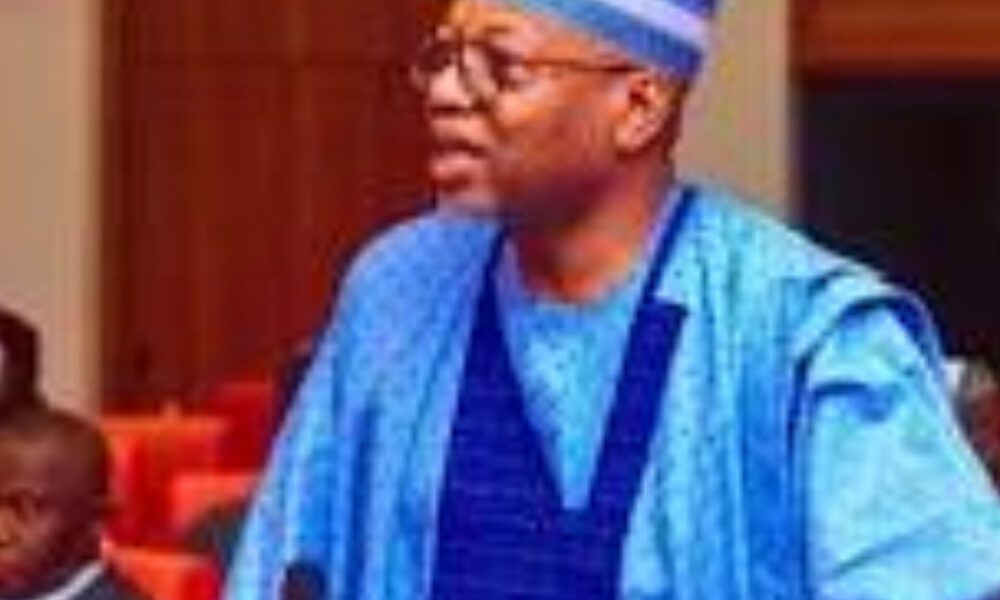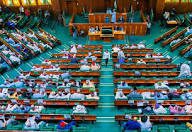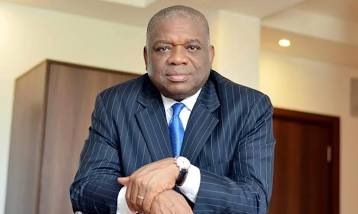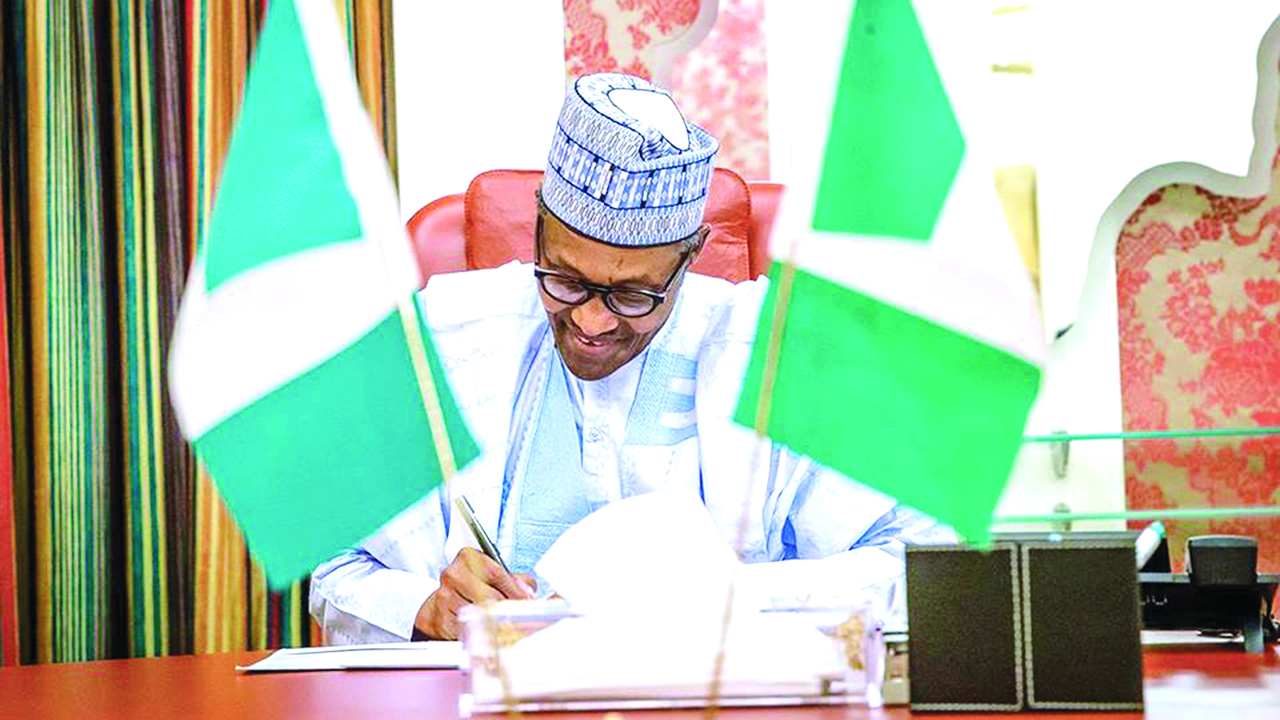The Senate has declined to approve a Bill seeking to establish a foreign exchange market in Nigeria.
The bill sponsored by the Chairman, Senate Committee on Finance, Senator Sani Musa (APC Niger East), also sought to make provisions for the control, monitoring and supervision of transactions conducted in the Foreign Exchange Market.
The proposed law entitled, “The Foreign Exchange (Control And Monitoring) Bill, 2024 (SB. 353) was read for the first time on Tuesday, February 20, 2024.
Presenting his Lead debate, Musa described the bill as an important legislation that seeks to repeal the Foreign Exchange (Monitoring and Miscellaneous Provision) Act, Cap. F34, Laws of the Federation of Nigeria, 2004.
Musa indicated that the proposed law would provide for the regulation, monitoring and supervision of the transactions conducted in the market and for related matters.
According to him, it would also contribute to the sound development of the National economy by striving to facilitate foreign transactions and maintain an equilibrium of balance of International payments.
He said, “The Bill seeks to stabilize the value of currency by ensuring the liberalization of foreign exchange transactions to maintain an equilibrium of balance of International payments.
“It will also stabilise the value of currency by ensuring the liberalization of foreign exchange transactions and of other foreign transactions by revitalizing
market functionality.
“The Bill attempts to expand Section (1) of the existing Act to incorporate three new provisions to make for clarity and to empower the Central Bank of Nigeria
to administer, control and manage all dealings and transactions in relation to foreign exchange matters.
“The newly introduced clauses will enable the CBN to determine the basic exchange rate of purchase and sale of foreign exchange.
“Clause 6 of the Bill introduces New Sub-clauses (2), (4) and (5) which require authorised dealers to render returns to the CBN on sources of foreign exchange in excess of USD 10,000 and utilisation of same.
“It also requires authorized dealers obtain prior approval of the CBN when seeking to import foreign currency notes.
“Part Ill of the Bill makes elaborate provisions for the grant of a licence to carry on business dealings in foreign exchange. In this part, provisions were made for refusal of licence, suspension or revocation of licence, review and appeal.
“Clause 18 (1) (a) and (b) were added to expand the scope of dealers in the market and where funds are purchased from the Bank. The market rate may be subject to rules and regulations prescribed by the Bank.”
Musa added that with the bill, the operation of domiciliary account shall be as prescribed by the Bank and that the powers of the CBN have been widened to prescribe how foreign exchange may be accepted for the payment for goods and services in Nigeria.
The Bill when passed into law, according to Musa, will contribute to sound development of national economy, facilitate foreign transactions and most importantly, and stabilize the value of the currency by ensuring the liberalization of foreign transactions and revitalizing market functionality.
Most senators in their various contributions expressed the fears that a fresh legislation seeking to monitor or control the activities of the foreign exchange market apart from what the CBN was doing, could be counter productive.
Some of the senators who expressed serious reservations over the proposed law are, Solomon Adeola (Appropriation Committee Chairman); Tokunbo Abiru (Chairman, Banking, Insurance and other Financial Institutions panel; and Aliyu Wadada (Chairman, Senate Public Account Committee) among others
For instance, a former accountant general of the Federation who is now the senator representing Gombe North, Ibrahim Dankwambo, noted that the law, if passed would confuse Nigerians.
He was of the opinion that any further law aimed at regulating the foreign exchange market should come from the executive arm of government to avoid crisis in the sector.
Also contributing, the Senator Adams Oshiomhole, said, “we have to be careful because we cannot speculate. Anything done in this house, Nigerians will take it very seriously, because we have the power to make laws.
“Senators who have spoken, had summarized and amplified meticulously, the contradictions and negative implications of passing the law
“I believe that the Bill should not attract further hearing because we are trying to take over the monetary policy regulations of the CBN of we go ahead with it.
“If the executive arm of government likes, let them bring a Bill to further strengthen the regulatory powers of the CBN. It is not our work.”
The President of the Senate, Godswill Akpabio, who presided over the session, urged Musa to withdraw the proposed law for further consultations but the senator refused to do so.
Akpabio called for voice vote to determine it’s approval or rejection for second reading and majority of the federal lawmakers voted against it.
Senate turns down bill seeking to establish foreign exchange Market in Nigeria




